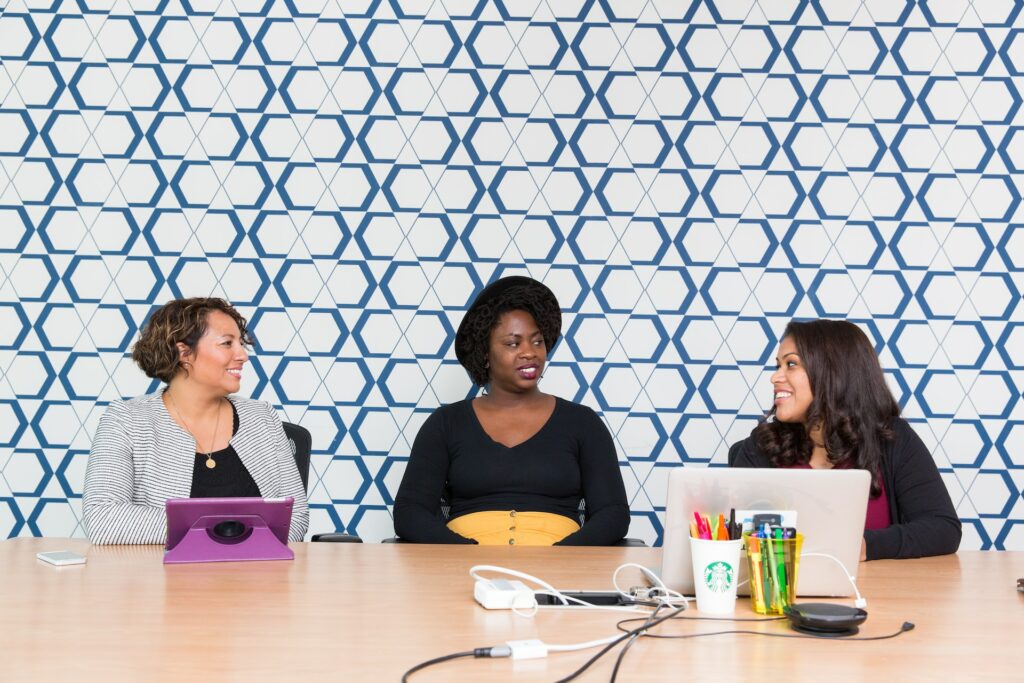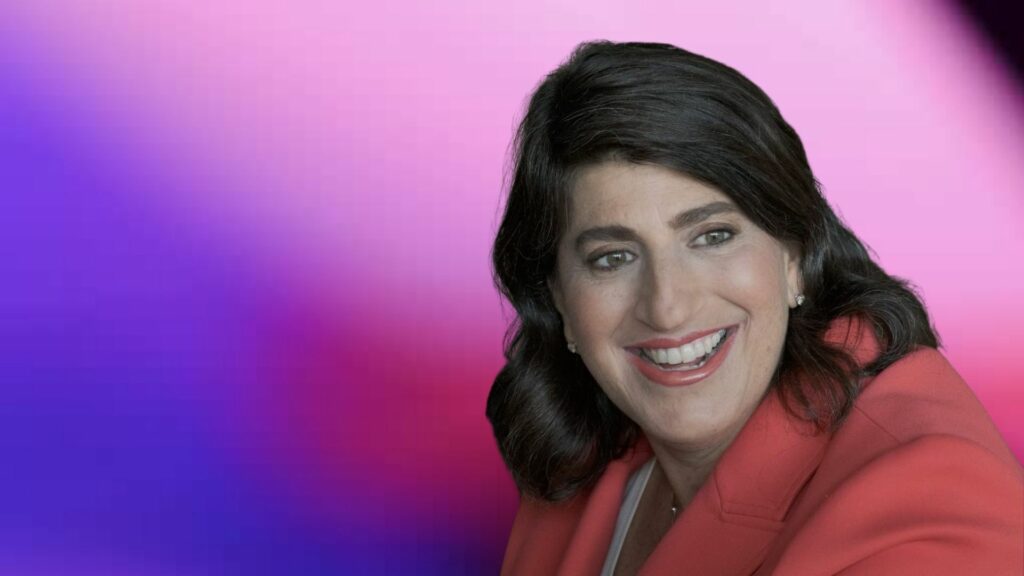Red flags job hunters should look out for, and the value of workplace belonging: VIDEO SERIES

Everyone hopes to work for an organization that fulfills and inspires them. But increasingly, the concept of belonging within a workspace is taking precedence over other more tangible incentives for employees across the country. A central and undeniable component of the human experience, we thrive on acceptance and community and crumble in instances of exclusion. Those hurt feelings when you’re the last one picked for a team may register in the brain just like a scraped knee or a kicked shin, according to new scientific research that finds that the brain responds to social rejection in the same way it responds to physical pain. And as important as belonging is on an individual scale, new research from BetterUp proves that belonging is good for business, too. Study findings show that workplace belonging leads to a 56% increase in job performance, a 50% reduction in turnover risk, and a 75% decrease in employee sick days.
Following the concept of belonging for years, Great Place To Work describes diversity as being invited to the party, inclusion as being asked to dance and belonging as dancing like nobody’s watching, because that’s how free you feel to be yourself. Their research reveals that when employees experience belonging in the workplace they are:
- 3 times more likely to feel people look forward to coming to work
- 9 times more likely to believe people are treated fairly regardless of their race
- 5 times more likely to want to stay at their company a long time
To dive deeper into the importance of organizational inclusion, MBAchic is exploring the themes surrounding workplace belonging with two esteemed DEI professionals, Dawn Christian and Dr. Tina Opie.
As a DEI expert, CEO and Founder of Belong by Dawn Christian, Dawn Christian helps companies redefine leadership at the intersections of personal values, accountability and community.
An award-winning researcher and Associate Professor of Management at Babson College, Dr. Opie advises small and large firms as a consultant. As the creator of the Shared Sisterhood movement, she helps organizations work towards gender and racial equality.
In part two of MBAchic’s three part workplace belonging series, MBAchic focuses on red flags candidates should be aware of during the interview phase, as well as how the shift away from restrictive traditional professional values makes room for workers to bring their authentic selves to their jobs.
In order to get a strong gauge of a workplace before being engrained in its culture, Christian encourages candidates to dig into resources like LinkedIn, Glassdoor, and alumni associations to collect candid perspectives.
“Speak to folks that are not only there, but have been there and ask the question, why did you go, why did you stay? Why did you leave? Look at those different phases,” suggests Dawn.
“One of the things that we work on at Belong by Dawn Christian is ethos driven leadership, ethos means your values, your core beliefs. Do your own assessment. What do you require? What is your ethos, what are your values? If you can’t get clear with that, it’s very hard to hold any organization accountable for what you need.”
Observing gaps between what organizational leaders say and the way they operate their business model is a foolproof way Dr. Opie says candidates can differentiate between the companies offering lip service versus the ones making an earnest effort to improve corporate culture.
“[They might say] ‘we value diversity, we value inclusion, we value belonging,’ but everyone on the leadership team looks a particular way,” says Dr. Opie. Everyone has looked a particular way for the past 10, 15, 20, 30, 40 years. When you look at the pipeline for who’s being promoted, they still look that way. If you ask questions about what are the strategies for those things changing, it’s not a psychologically safe environment. People get offended. Those are all cues that it might not be a place where the culture is open to asking those questions.”
The varied beliefs that today’s multi-generational workforce holds toward business professionalism are shifting and evolving. From adopting a more casual atmosphere to embracing workplace authenticity, fostering a sense of workplace belonging means reimagining how businesses have operated in the past and embracing our differences.
“So if you are a middle-aged white male, you can probably belong in any industry and find a way to belong, with less of a need to code switch or assimilate or change anything about yourself,” points out Christian.
“I think what we’ve seen, at least in the last three years since the murder of George Floyd, since women’s rights issues have been elevated, since the conversations of disability neurodiversity in the workplace, all these conversations have converged. I think what we have seen is more of a willingness to have the discussion and a willingness to enact that discussion from a concept and a conversation to potentially a policy where we’re seeing anti-racist policies showing up, just like we saw sexual harassment policies years ago. Policies start at conflict.”
Dr. Opie says while traditional professional values are often associated with heteronormative, white, masculine norms, people who fall outside of those norms have always been at a heightened risk of being outcast when they try to “show up” authentically.
“So, I have my hair braided, they’re called Fulani braids,” Dr. Opie says. “Twenty years ago, I know somebody would’ve said, that’s not a professional hairstyle…When I had dreadlocks, those were not considered professional. I have gray hair, I may die black. All of those things that I just mentioned have been deemed unprofessional by someone at some point. Because I’m a black woman who’s six foot tall, over 200 pounds, dark-skinned, very educated, I’ve been in different domains and experienced people telling me to my face, that’s not professional. I know that people who are younger and more junior in their careers often have to make decisions. Do I straighten my hair? Do I take the braids out? Do I lose my accent? Do I shave the hair off my arms? Do I lighten my skin? Now all of these things are not equal…there’s a difference between grooming and identity alteration.”

Photo by Clearcut Derby







